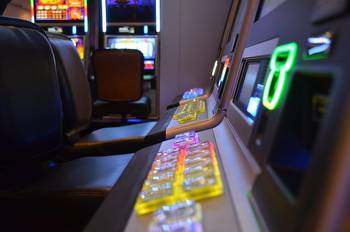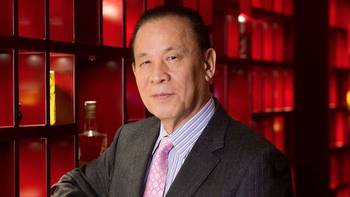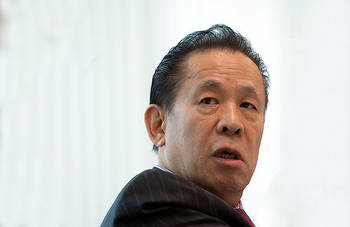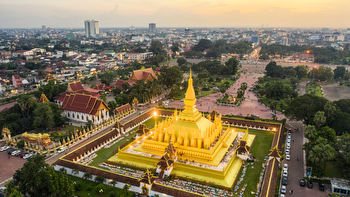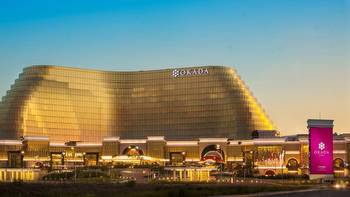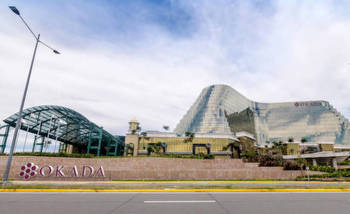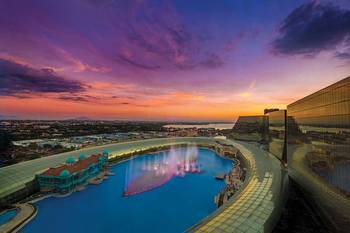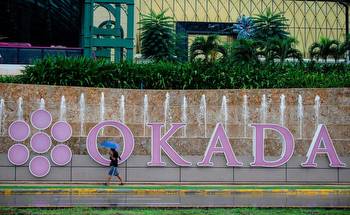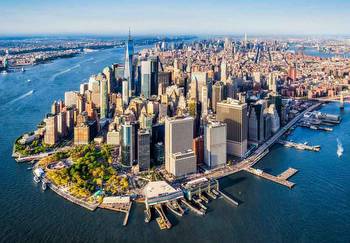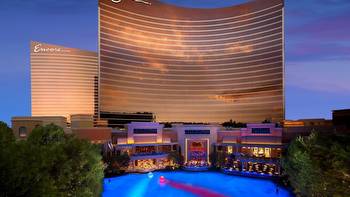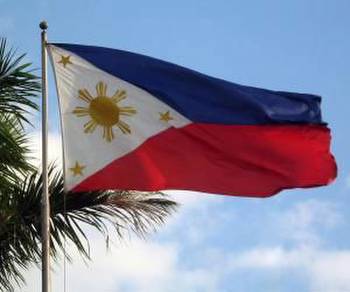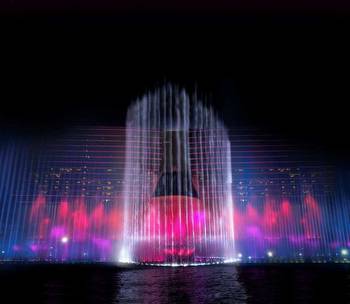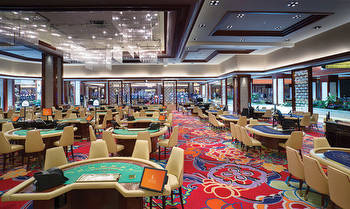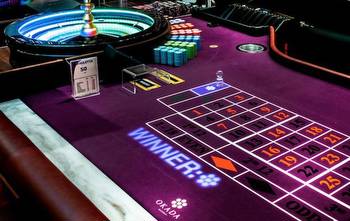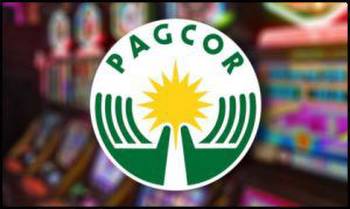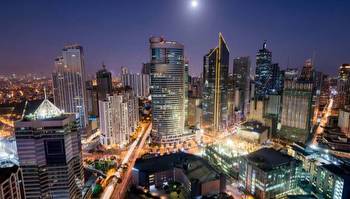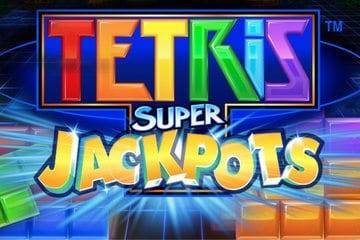Casino SPAC is for hardened gamblers only

HONG KONG, June 7 (Reuters Breakingviews) - Shareholders in blank-cheque firm 26 Capital (ADER.O) are getting more than they bargained for. It agreed in October to buy casino Okada Manila, but a long-running legal battle over the resort turned physical when its ousted boss seized the property last week. If that doesn’t scupper the planned merger, investors must take their chances with unfriendly policymakers, dubious financial reports and more.
There are good reasons to place a bet. Though visitor numbers grew just 24%, the country’s largest casino nearly doubled adjusted EBITDA in the first three months of the year. The SPAC merger’s $2.7 billion price tag values the enterprise at 6.9 times the company’s own estimate for 2023 adjusted EBITDA, compared with publicly traded peer Bloomberry’s (BLOOM.PS) 7.6 multiple, per Refinitiv.
But Okada Manila has a troubled history. The dispute with Kazuo Okada, who had been chief executive before his removal from the role in 2017, has long hindered the business’ development. Last week local police and his private security guards used “brute force and intimidation”, according to Michiaki Satate, co-vice chairman of the displaced Tiger Resort board, to retake the casino following the Court of Appeals’ decision to dismiss an earlier embezzlement charge. The deposed directors dispute that the ruling gives Okada the right to physical control or to appoint a new board.
The future looks messy. Even if the previous board takes back the assets, it is hard to imagine Okada will walk away. And he is not the only liability. The SPAC’s investor presentation skimmed over the target’s legal tangles in one sentence: that raises the concern that other risks the buyer identified, including “a material weakness in its internal control over financial reporting”, may also be understated.
There are problems beyond the corporate melodrama, too. SPAC boss Jason Ader positions the plush property as a bet on post-pandemic Asian tourism. As a former Las Vegas Sands (LVS.N) director, he is well equipped to capitalise on that opportunity. But the region’s most important market is China, and its tourists are still missing in action as Beijing refuses to give up on Covid-zero. A sluggish economy could undermine consumers’ ability and willingness to splurge when restrictions eventually ease. Closer to home, incoming Philippines president Ferdinand Marcos has yet to reveal if his gambling policies will be any less volatile and unpredictable than those of predecessor Rodrigo Duterte.
The deal is for hardened gamblers only.
CONTEXT NEWS
The former board of Tiger Resort Leisure & Entertainment, owned by Japan’s Universal Entertainment, said on June 6 it is suing Japanese tycoon Kazuo Okada and his partners. The subsidiary has accused Okada and his associates of coercion and other misconduct in what it said was a "violent and illegal" seizure of its Okada Manila gambling resort on May 31.
Okada's camp took physical control of the casino in the Philippines’ capital with the help of private security guards and local police, Reuters reported. The move came after the Philippines' Supreme Court in April issued a "status quo ante order", reinstating Okada, who had been removed from his role as chief executive of the casino in 2017. It followed a decision by the country's Court of Appeals in January to dismiss an embezzlement charge against Okada and an associate.
Special-purpose acquisition company 26 Capital agreed to buy UE Resorts International, of which Tiger Resort Leisure & Entertainment is a wholly owned subsidiary, on Oct. 15, 2021. The deal would give UERI a pro forma enterprise value of $2.7 billion, according to an investor presentation published on March 8.
Opinions expressed are those of the author. They do not reflect the views of Reuters News, which, under the Trust Principles, is committed to integrity, independence, and freedom from bias.








